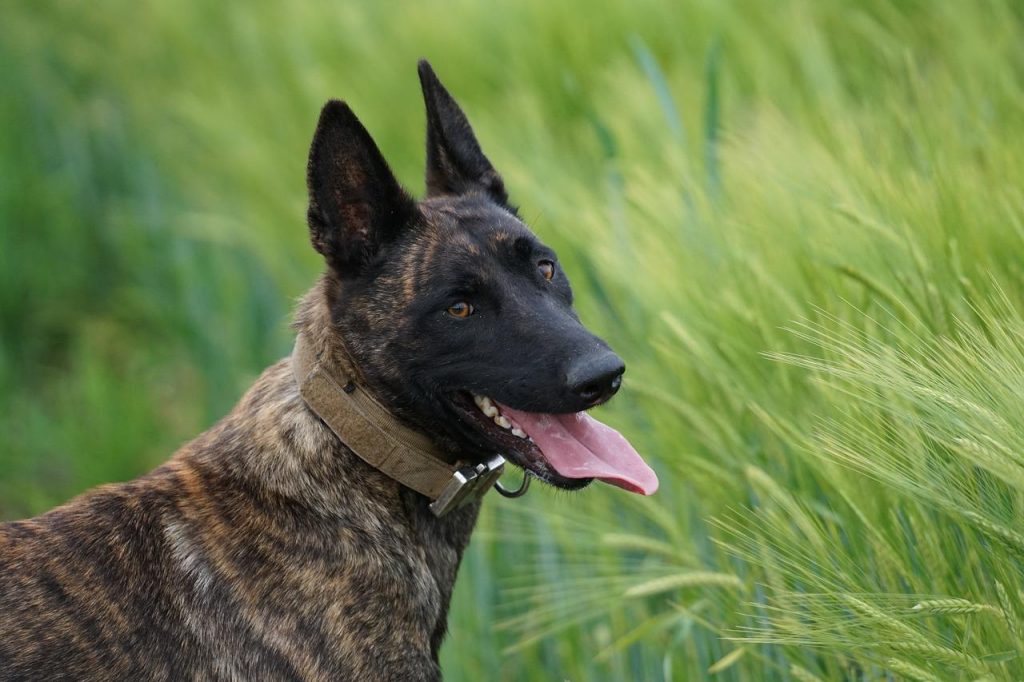Dogs Can Detect COVID-19 Cases Better Than Tests?
Research from a recently conducted study suggests that dogs can detect Covid more accurately than antigen tests can.
This article is more than 2 years old

Dogs are remarkable in so many ways. Every day dogs work to save lives by detecting bombs and sniffing out criminals. In Ukraine, one canine hero is helping to train people to avoid land mines. They work to heal and promote hope by visiting nursing homes and children’s hospitals. Comfort dogs and their handlers were recently deployed in Uvalde, Texas to console those affected by the horrific mass shooting that killed 19 children and 2 teachers. Dogs do so much to help humanity. Thus, it may come as no surprise that Dogs can detect positive Covid-19 cases with a greater degree of accuracy than antigen tests can.
The revelation that dogs are so adept at detecting positive Covid-19 cases came out of research done by those working for the Assistance Publique-Hôpitaux de Paris. The researchers determined this by setting up an area that consisted of 10 stations. Each station contained a human sweat sample that was either Covid positive or Covid negative. Dogs were deployed one at a time to sniff each sample. The study was able to determine that dogs were able to identify Covid with a degree of accuracy equal to 97%. That is a phenomenally low margin of error, especially when compared to PCR antigen tests’ 84% accuracy rate.
What’s even more impressive than a dog being able to detect Covid with surprising accuracy from symptomatic patient samples, is that they are even better at detecting it in asymptomatic individuals. Researchers found that dogs accurately detected Covid in asymptomatic people 100% of the time. That is nothing short of impressive.
The one area where the dogs faltered slightly in comparison to the antigen tests was in their ability to identify samples that were Covid negative. In this area, dogs were only accurate 90% of the time. The tests, on the other hand, were 97% accurate in detecting a negative result. Still, the fact that dogs can identify Covid with such adeptness poses a lot of positive potential. For starters, it is much less invasive in comparison to sticking a Q-tip way up a person’s nostrils. Second, using dogs to detect Covid could save a lot of time, especially in busy hospitals. Consider how quickly dogs could move from patient to patient and instantaneously pinpoint who has Covid and who doesn’t. That is far more efficient than testing people one by one and then having to wait to see results.
Furthermore, using dogs on a large scale to detect potential Covid cases is something that could be implemented in an expeditious amount of time. Forbes noted that canines who are already working in jobs that require odor detection could be ready to sniff out Covid in as little as 3 weeks. Training pups who have no on-the-job experience is not terribly time-consuming either. It would roughly take beginning sniffers a month and a half to become skilled at detecting the virus. All in all, any new resources that the public can leverage to aid in the detection of Covid cases amounts to a win. And it looks like dogs are willing and able to help on the front.











